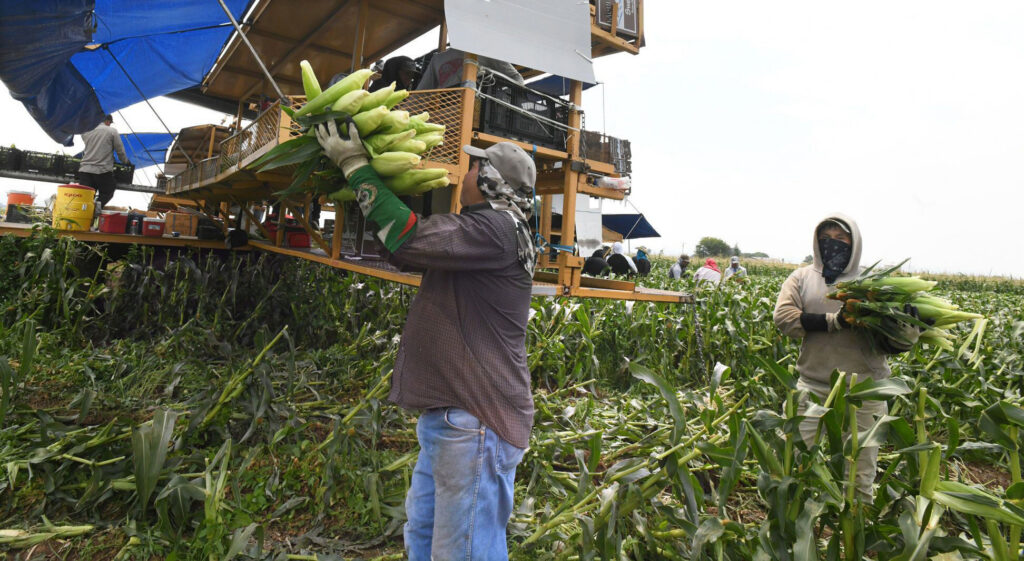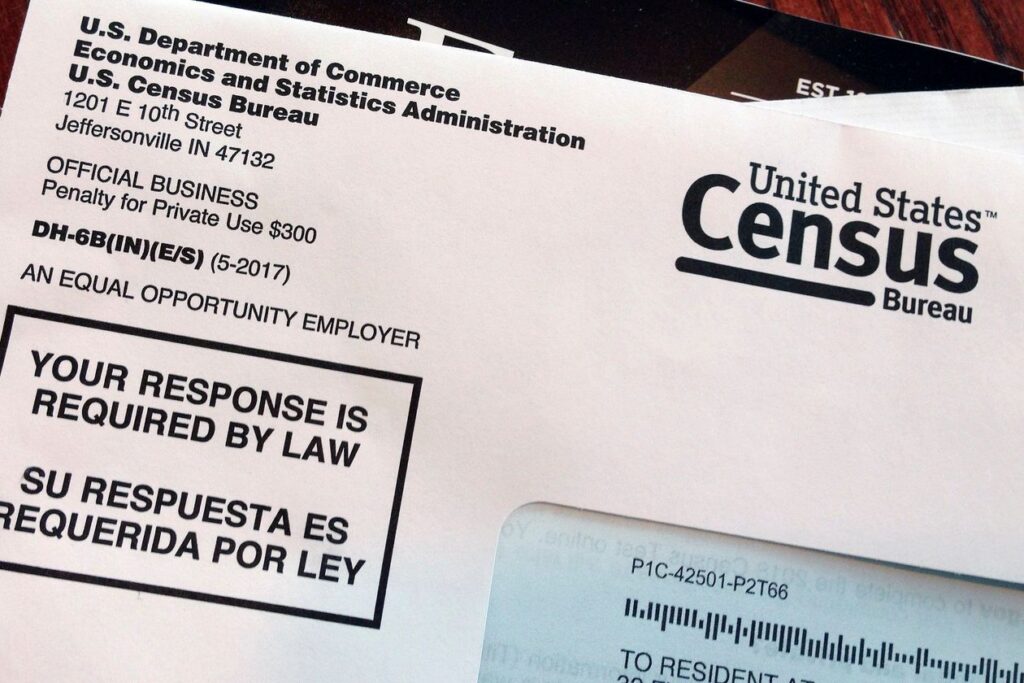Colorado office serving people with disabilities faces budget crunch amid federal shutdown

A Colorado agency that helps people with disabilities with job training and career counseling is operating with just a quarter of its budget amid a federal funding freeze and significant cuts at the U.S. Department of Education, according to disability advocates.
The Colorado Department of Labor and Employment said Division of Vocational Rehabilitation (DVR) receives about 75% of its funding from the federal government. In addition to job training and career counseling, it also helps with employment authorization.
The Trump administration’s goal of dismantling the Department of Education has resulted in sweeping layoffs, including at the Office of Special Education and Rehabilitative Services, which distributes funding for state agencies that provide employment services for individuals with disabilities.
The administration argued that ultimately, the Department of Education’s core functions should be “returned to the states.” To the White House and its allies, the education department has been part of an “experiment of controlling American education through federal programs and dollars,” which has ” — and the unaccountable bureaucracy those programs and dollars support — has “plainly failed our children, our teachers, and our families.”
Those special funds are currently on pause due to the government shutdown, which began on Oct. 1.
Andrew Romanoff, executive director of Disability Law Colorado, states will eventually receive those funds, but processing them could be delayed due to layoffs at the Department of Education.
Last week, Disability Law Colorado joined over 350 organizations in urging the Department of Education to reverse the cuts.
“These cuts leave Coloradans with disabilities out of work and out of luck,” Romanoff said. “Without a functioning federal government, job training dollars don’t reach the states, and students go without the support they need to learn and thrive.”
DVR served nearly 20,000 people last year, according to Disability Law Colorado (DLC). The agency helps individuals of all ages, from high schoolers looking for a path after graduation to small business owners.
DVR was already overwhelmed before the shutdown and Department of Education cuts — it has seen a 28% increase in clients over the last four years and is planning to establish a waitlist for services come January, according to Disability Law Colorado.
“Even if the funding is resumed and by some magic the staff at the Department of Education are rehired, even if we go back to the status quo before the shutdown, it doesn’t mean that we have enough resources to serve everybody in Colorado who needs this help,” Romanoff said.
Kim Erickson, a Client Assistance Program coordinator with DLC, said the state office is maintaining its services with 25% of its funding that comes from the state, and while it hasn’t had to make any cuts, it has “significantly slowed down.”
“They’ve implemented some fiscal restraints, and it’s causing delays in people with disabilities getting their employment plans approved and authorized,” she said. “It’s also causing problems with vendors getting authorization and getting payment for services. So, they are trying to utilize the limited state funding, but this is not sustainable.”
Erickson said she knows of a DVR client who was supposed to start working today but was unable to because the agency was waiting for authorization for a job coach to go work with the person.
“That person has probably worked very long and hard to get that job, and there’s been resources spent in order to help them get that job,” she said. “An employer is not going to wait for DVR to take a week or more to approve a job coach. They’re going to move on to the next qualified candidate, so that has an impact.”
Romanoff and Erickson said the states will receive funding eventually, but it remains to be seen just how the funds would be distributed with fewer staffers at the Department of Education.
“The federal funds are not going to flow as smoothly if there’s nobody to administer them,” Romanoff said.
In response, Division of Vocational Rehabilitation said it is striving to continue providing employment services and support.
“DVR is still able to access the funds available through the required non-federal match of the VR grant and intends to use these funds to bridge the gap during this lapse in federal appropriations,” the office said. “In the meantime, our staff will partner with other community programs, provide more services directly, and ensure reasonable costs while managing limited resources. DVR remains committed to supporting individuals with disabilities and will continue to provide assistance to the greatest extent possible.”













